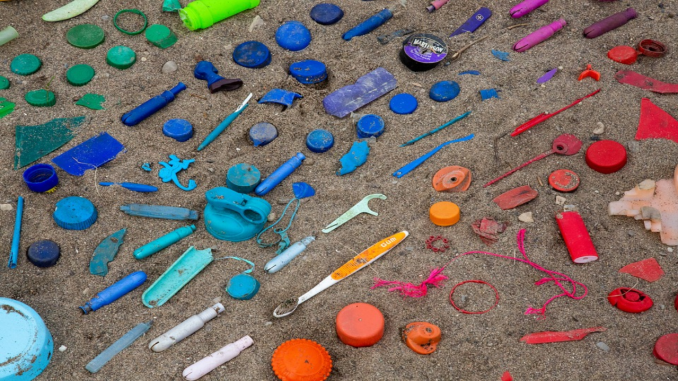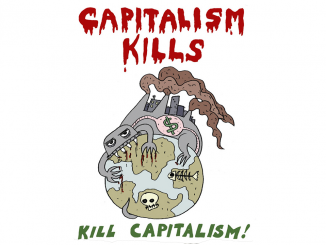
One of the major problems in the struggle against climate change is what to do with the 300 million tons of plastic waste and byproducts that are produced every year via the fossil fuel industry. We’re told that we as consumers just need to recycle all the plastic we purchase. However, 91 percent of this plastic isn’t or simply can’t be recycled.
There’s no question that in order to stop new plastics being from produced, and to mitigate the effects of global climate change, we must end the fossil fuel industry. But we already live on a planet that’s created 8.3 billion metric tons of plastic in the form of takeout containers, disposable packaging, and clothing made with polyester fibers. So, what do we do with the plastic that’s already been created?
Scientists all around the world have been working on genetically engineering naturally-found plastic-eating enzymes for a number of years. These are microscopic living organisms that eat plastic.
In France, a recent study from the company Carbios showed that in the span of 10 hours, a genetically engineered plastic-eating enzyme was able to break down 90 percent of one metric ton of plastic waste. In the United Kingdom, researchers at University of Portsmouth have optimized another enzyme to break down plastic waste six times faster than a previous enzyme that was genetically engineered in 2018. These results are really encouraging, and show the level of ingenuity that humans can have when faced with a huge problem like plastic waste pollution.
But what if, instead of different companies working separately from one another on different enzymes, they worked together to develop an even better enzyme to tackle this waste problem? Without the considerations of profit-making and intellectual property rights, plastic-eating enzymes like these could be utilized all over the world. Until the fossil fuel industry is successfully dismantled, innovations such as these could help us bridge the gap between a world ruled by profit, and a world of our own making – a world that focuses on the health and wellbeing of the entire planet and all who live on it.




